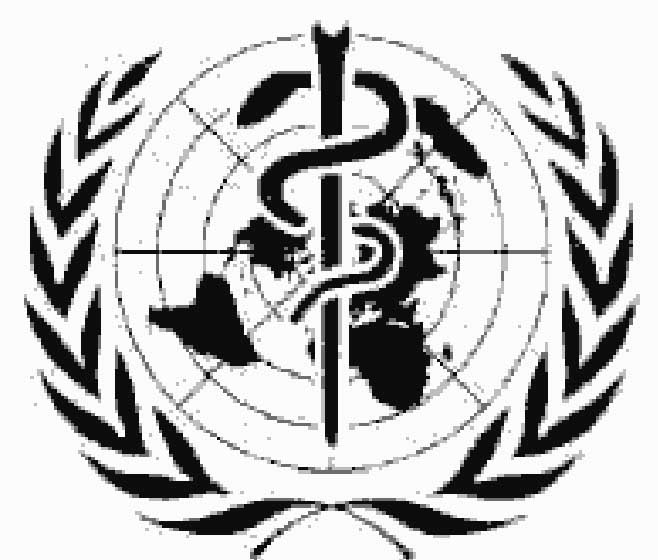Azerbaijan, Baku, Aug. 25 / Trend/
An ongoing project on support for maternal and child health in Kazakhstan, supported by WHO and the European Union (EU), has successfully improved both maternal and child health in three regions (South Kazakhstan, Karaganda and Aktobe).
The project partners presented the achievements so far on Aug.25, and the results were successful, the WHO Regional office for Europe reported.
"Plans are also ongoing to extend the project to other regions and to use the experiences gained in the pilot regions as examples of good practice," the report reads.
The office reported that maternal and neonatal mortality rates in Kazakhstan are several times higher than those in the EU. More than 5,000 children younger than five years (about half of which are newborn) die in the country each year, mainly from perinatal complications, infections, trauma and anomalies of development. WHO estimates that using simple tools and techniques could save the lives of about one third of these children.
In addition, more than 100 women die each year because of bleeding resulting from aggressive labour management during childbirth and complications of abortions. Many of these deaths can be avoided by introducing and replacing the aggressive clinical management with simple, scientifically proven, evidence-informed, cost-effective and efficient tools.
The project in Kazakhstan has reorganized existing resources, first by establishing an effective referral system and strengthening community involvement. Existing health care services are rationalized to ensure that each pregnant woman and each newborn baby is cared for in an appropriate facility.
WHO was founded in 1948 to work for the attainment of the highest possible level of health by all peoples. WHO operates in an increasingly complex and rapidly changing landscape. The boundaries of public health action have become blurred, extending into other sectors that influence health opportunities and outcomes. WHO responds to these challenges through a six-point agenda: two health objectives: promoting development and fostering health security; two strategic needs: strengthening health systems and harnessing research, information and evidence); and two operational approaches: enhancing partnerships and improving performance.






